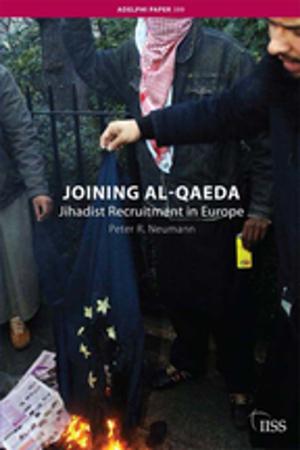Shafshoofa Maleshi
Nonfiction, Social & Cultural Studies, Political Science, International, Social Science| Author: | Prashant Bhatt | ISBN: | 9781301803361 |
| Publisher: | Prashant Bhatt | Publication: | February 26, 2013 |
| Imprint: | Smashwords Edition | Language: | English |
| Author: | Prashant Bhatt |
| ISBN: | 9781301803361 |
| Publisher: | Prashant Bhatt |
| Publication: | February 26, 2013 |
| Imprint: | Smashwords Edition |
| Language: | English |
The 2011 revolutionary uprising in Libya gave the history of this region a decisive turn. In this period I have spent some time looking into narratives of common people long suppressed and examining how they have been affected by the upheaval and its aftermath. Guided by the dictum conveyed by Greenspan in "Listening to Holocast Survivors" that a good interview is a process in which two people work hard to understand the views and experiences of one person: the interviewee, I have tried to go through the different layers and meanings of on going processes of change in Libya.
How did Italian colonialism affect the lives of common Libyans? What were the opportunities brought about by independence? What meanings did Arab nationalism to different people? How does the 2011 liberation war open new horizons to veterans and youngsters? These and many other questions are examined through Oral history narratives of native Arabs, Berbers, immigrant worker narratives, faith, work and dialogue.
Social change will take time, but it is certain that the feared and hated dictator is not returning. So the streets resound with cries of “Shafshoofa Maleshi,” shafshoofa referring to Gaddafi’s long hair, which some say was full of lice, and maleshi meaning “sorry.”
The 2011 revolutionary uprising in Libya gave the history of this region a decisive turn. In this period I have spent some time looking into narratives of common people long suppressed and examining how they have been affected by the upheaval and its aftermath. Guided by the dictum conveyed by Greenspan in "Listening to Holocast Survivors" that a good interview is a process in which two people work hard to understand the views and experiences of one person: the interviewee, I have tried to go through the different layers and meanings of on going processes of change in Libya.
How did Italian colonialism affect the lives of common Libyans? What were the opportunities brought about by independence? What meanings did Arab nationalism to different people? How does the 2011 liberation war open new horizons to veterans and youngsters? These and many other questions are examined through Oral history narratives of native Arabs, Berbers, immigrant worker narratives, faith, work and dialogue.
Social change will take time, but it is certain that the feared and hated dictator is not returning. So the streets resound with cries of “Shafshoofa Maleshi,” shafshoofa referring to Gaddafi’s long hair, which some say was full of lice, and maleshi meaning “sorry.”















